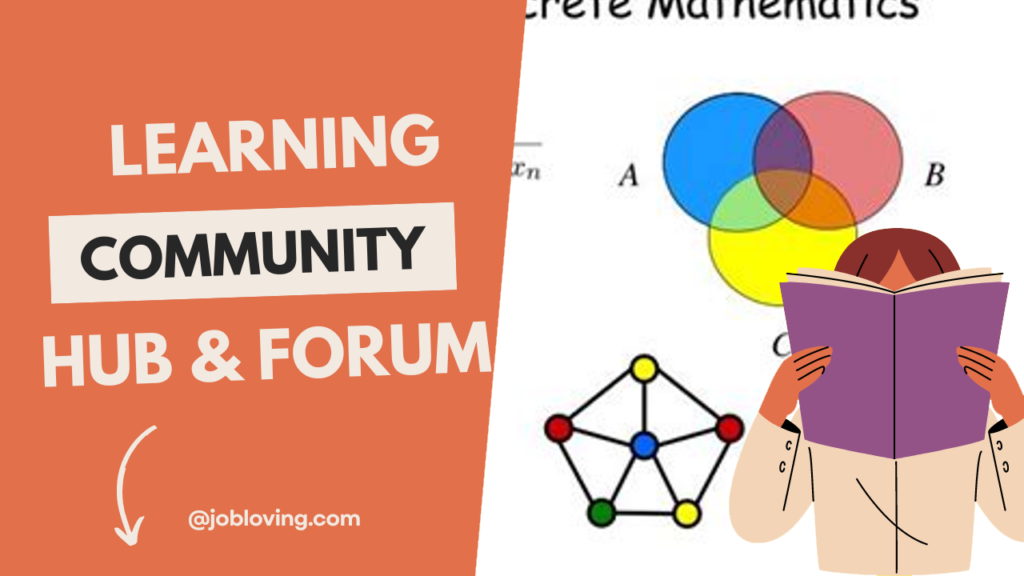Have you ever wondered what makes certain areas of mathematics “advanced”? While some folks might imagine only calculus and statistics holding that title, there’s a whole world of mathematical wonders we often overlook. Discrete math, for example, is often relegated to a secondary status in the math hierarchy. But is it really just a sidekick to the more glamorous math forms like calculus? Let’s dig in to see where discrete math fits in!
The Short Answer: Yes, discrete math is considered advanced math.
Discrete mathematics is recognized as an advanced area of mathematics because it encompasses a variety of complex topics that are critical in computer science, cryptography, and network theory. Unlike continuous mathematics, which deals with smooth and continuous functions (think calculus), discrete math focuses on countable, distinct structures. This includes everything from graph theory, which explores the relationships between objects, to combinatorics, which deals with counting and arrangement. These topics aren’t just abstract notions; they form the backbone of many technology applications we use today.
In the realm of educational standards, discrete math often falls under the umbrella of advanced mathematical studies, along with subjects like calculus, trigonometry, and statistics. It aligns with the Common Core-aligned advanced mathematics standards, which helps students develop a diverse mathematical toolkit. So yes, if you’re taking discrete math, you’re definitely delving into advanced mathematics territory!
In conclusion, the distinction of advanced math does include discrete mathematics. It opens up intriguing avenues of thought and real-world applications—well beyond just numbers on a page. Interested in more insights or do you have questions about how discrete math relates to your future endeavors? Join the JobLoving community for a treasure trove of resources and let’s keep the conversation going!

